Introduction
Illinois provides diverse and comprehensive pathways for individuals who want to become a teacher. With rigorous standards set by the Illinois State Board of Education (ISBE), aspiring teachers must complete specific requirements to achieve licensure. These requirements typically include earning a bachelor’s degree, completing an approved teacher preparation program, participating in a student teaching internship, and passing necessary licensure exams. Illinois also offers alternative certification programs for those transitioning from other careers, enhancing flexibility for aspiring educators.
What the State of Illinois Requires to Become a Teacher
To become a teacher in Illinois, candidates must meet several important criteria:
- Hold at least a bachelor’s degree from a regionally accredited institution.
- Complete an Illinois-approved teacher preparation program, including a student teaching placement lasting typically one full semester.
- Pass required exams such as the Test of Academic Proficiency (TAP) or demonstrate equivalent SAT/ACT scores, and pass the applicable Illinois Licensure Testing System (ILTS) content-area tests.
- Complete the Educative Teacher Performance Assessment (edTPA).
- Successfully complete a criminal background check and fingerprinting.
After fulfilling these steps, applicants can apply for the Professional Educator License (PEL), enabling them to teach across Illinois public schools (ISBE Licensure Requirements).
Top Illinois Schools for Teacher Licensure Programs
Illinois hosts several prestigious universities known for strong teacher preparation programs:
1. University of Illinois at Urbana-Champaign
- Programs: Bachelor’s and Master’s degrees in Elementary Education, Secondary Education, Special Education, and Early Childhood Education.
- Estimated Tuition: Approximately $17,572 per year (in-state).
- Highlights: Renowned nationally for academic excellence, rigorous coursework, significant classroom experiences, and high job placement rates.
2. Illinois State University
- Programs: Undergraduate and graduate programs in Early Childhood, Elementary, Secondary, Special Education, and Educational Administration.
- Estimated Tuition: Around $15,170 per year (in-state).
- Highlights: Illinois State is recognized for its outstanding student teaching placements, comprehensive field experiences, and partnerships with local districts.
3. Northern Illinois University
- Programs: Bachelor’s and Master’s degrees in Elementary, Middle Level, Secondary, and Special Education.
- Estimated Tuition: Approximately $12,662 per year (in-state).
- Highlights: Emphasis on practical teaching experiences, strong mentorship, and professional readiness upon graduation.
Illinois Teacher Licensure Program Requirements
Teacher licensure programs in Illinois blend rigorous academics with extensive hands-on training:
- Coursework: Comprehensive coursework covers child development, classroom management, curriculum planning, educational psychology, instructional methods, diversity, special education strategies, and content-specific teaching methods.
- Field Experiences: Progressive involvement in classroom observations and teaching, culminating in a student teaching internship, which generally spans a semester.
- Assessments: Candidates must pass TAP (or demonstrate equivalent scores), ILTS content-area tests, and complete the edTPA (ILTS Requirements).
Cost of Illinois Teacher Licensure Programs
Tuition rates at leading Illinois institutions:
- University of Illinois Urbana-Champaign: ~$17,572
- Illinois State University: ~$15,170
- Northern Illinois University: ~$12,662
Illinois offers several financial assistance programs:
- Illinois Future Teachers Corps (IFTC) scholarships for those committing to teach in high-need areas.
- Minority Teachers of Illinois Scholarship.
- Federal aid programs, including Pell Grants and TEACH Grants.
Teacher Salary and Job Outlook in Illinois
Illinois offers competitive teacher salaries, with an average annual salary of approximately $70,705, significantly above the national average. Starting salaries generally average around $40,000, with increases tied to experience, education level, and district-specific salary schedules.
The employment outlook for teachers in Illinois remains promising, especially in high-demand subjects like Special Education, STEM (Science, Technology, Engineering, and Mathematics), bilingual education, and early childhood education. The state actively recruits teachers by providing incentives, including loan forgiveness, scholarships, and additional stipends for those working in underserved or rural areas (ISBE Shortage Areas).
FAQ: Common Questions About Becoming a Teacher in Illinois
Does Illinois accept teaching licenses from other states?
Yes. Illinois recognizes teacher licenses from other states through reciprocity agreements. However, additional testing or coursework may be required to align with Illinois standards (ISBE Reciprocity).
Are there online teacher licensure programs in Illinois?
Illinois institutions offer partially online licensure programs, though student teaching and certain field experiences require in-person participation.
How long does it take to become a teacher in Illinois?
Typically, four years through a bachelor’s degree program. Alternative pathways for individuals holding a non-education bachelor’s degree usually take one to two additional years.
Is a master’s degree required to teach in Illinois?
No, a master’s degree is not required initially. However, pursuing an advanced degree can provide professional advancement opportunities, higher salary potential, and increased expertise.
Conclusion
Illinois offers robust teacher preparation programs, comprehensive state support, competitive salaries, and a promising job outlook for educators. Whether pursuing traditional routes or alternative certification, Illinois provides ample resources and clear guidelines through the Illinois State Board of Education, making it an attractive state for those wishing to become a teacher.







